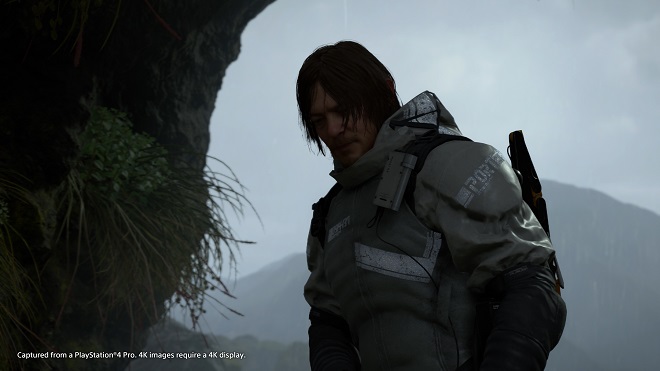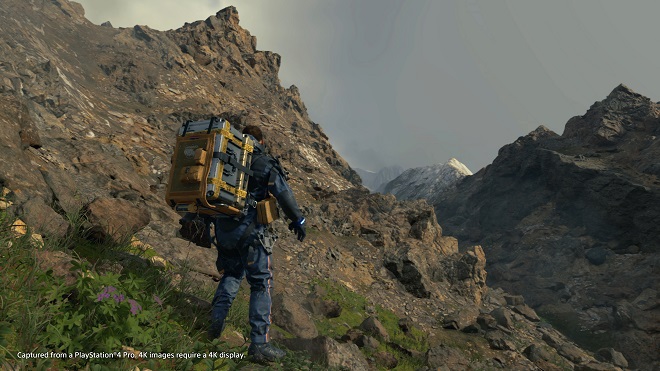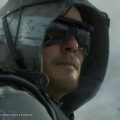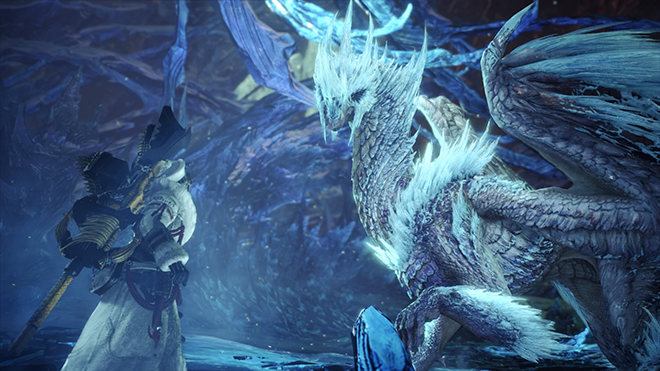Death Stranding Was Always Going to Review This Way

The very first trailer for Death Stranding, from director Hideo Kojima and the post-Konami Kojima Productions, hinted at how bizarre the final product would be. It featured a naked Norman Reedus as protagonist Sam Porter Bridges, standing naked on a beach surrounded by dead whales while hugging a baby. But it couldn’t be taken as confirmation that the final game would contain a story and themes that would usurp even Kojima’s prior works in peculiarity; there was a chance that it was an early tease for a more conventional final project. Subsequent trailers and gameplay videos shot that theory down, and the gameplay showcases from Tokyo Game Show in mid-September solidified this. Polarizing reviews were inevitable, and those are exactly what critics posted online when the review embargo was lifted on Friday.
Actually, “polarizing” might be a bit much. The critics who thought less of it compared to others who thought it was a stroke of genius didn’t hate it — they still liked it. Review scores are a poor metric to use, but the text shows how several critics liked and disliked the exact same scenes or gameplay points. It’s tough to imagine exactly which side you might land on given how unconventional its concepts are, even if you’re generally not a fan of exploring largely-empty open worlds in games.
It was presumed that several of the game’s trailers following the reveal did little to show exactly what it was, which made it seem like Kojima Productions was hiding the real experience it was until a certain point in time. But we were seeing the real game the entire time. This year’s previews confirmed how this is a delivery game, where Sam has to heal the world by delivering special cargo to different parts of the United Cities of America. The story themes are also just as bizarre in the final game, particularly the explanations for why Sam needs to carry a Bridge Baby — B.B. for short — on him throughout the quest, among others. Kojima also spent around a half an hour demonstrating actions Sam can do in a private room by himself, the kind of meticulous attention to detail few developers given the time and money to implement.
On one hand, it sounds like the kind of anodyne AAA titles needed. Too many big budget games adhere to the same gameplay conventions: They have open worlds, melee and shooting mechanics that are okay at best, and RPG elements to give players the option to strengthen their characters and flesh out their abilities. This not only applies to new franchises made between the end of the last console generation and throughout this current one, but the conventions have also been applied to recent installments in longer-running franchises like Tomb Raider and Assassin’s Creed. Death Stranding is a different kind of AAA game, though it does contain some of those elements.

But being different isn’t always a good thing; it’s possible for titles to get bogged down in their mechanics for the sake of realism, and reviews suggest this game takes that further than even Red Dead Redemption 2. It’s an intricately-made game about a guy who’s essentially a UPS deliverer in a post-apocalyptic universe. There’s a lot of travelling from one location to another, which sometimes involves retreading the same land. The emphasis on comparatively (to other AAA games) non-violent resolutions to combat situations also makes it risky.
Yet, even reviewers who felt that too many parts of the game were annoying came away saying they’re glad it exists. USGamer editor in chief Kat Bailey likened it to a PlayStation 2 game made with a modern budget, despite feeling that not all of its innovations worked. It feels like game from a time where projects could get away with being more experimental, because the budgets and the overall risk were lower. It shows how daring this particular game is, considering the budget and the big-name talent Kojima Productions hired, like Reedus, Mads Mikkelsen, and Léa Seydoux.
A game like Death Stranding will likely be a rare occurrence. There’s little chance anyone not named “Hideo Kojima” would have been afforded the opportunity to make a game with this concept and this budget. Heck, I’m not even certain that a AA-level developer would have been given enough money to realize this. It’s good for the gaming market and industry to have something like this, even if the end result is very much an acquired taste.
The chance of the gaming industry receiving another AAA title like this is low, even if Death Stranding sells well on the market. Kojima’s name alone, and the continued popularity of the Metal Gear series despite Konami’s best efforts, should help. Those chances won’t get any better when next-generation consoles arrive, where overall budgets and the resources required for games will jump even further. Hopefully publishers are willing to take at least small risks at the AAA level despite that, considering approaches to the market once thought safe are already showing signs of turbulence.
Death Stranding will release for PlayStation 4 this Friday worldwide. A PC version will arrive next summer, with 505 Games publishing.





